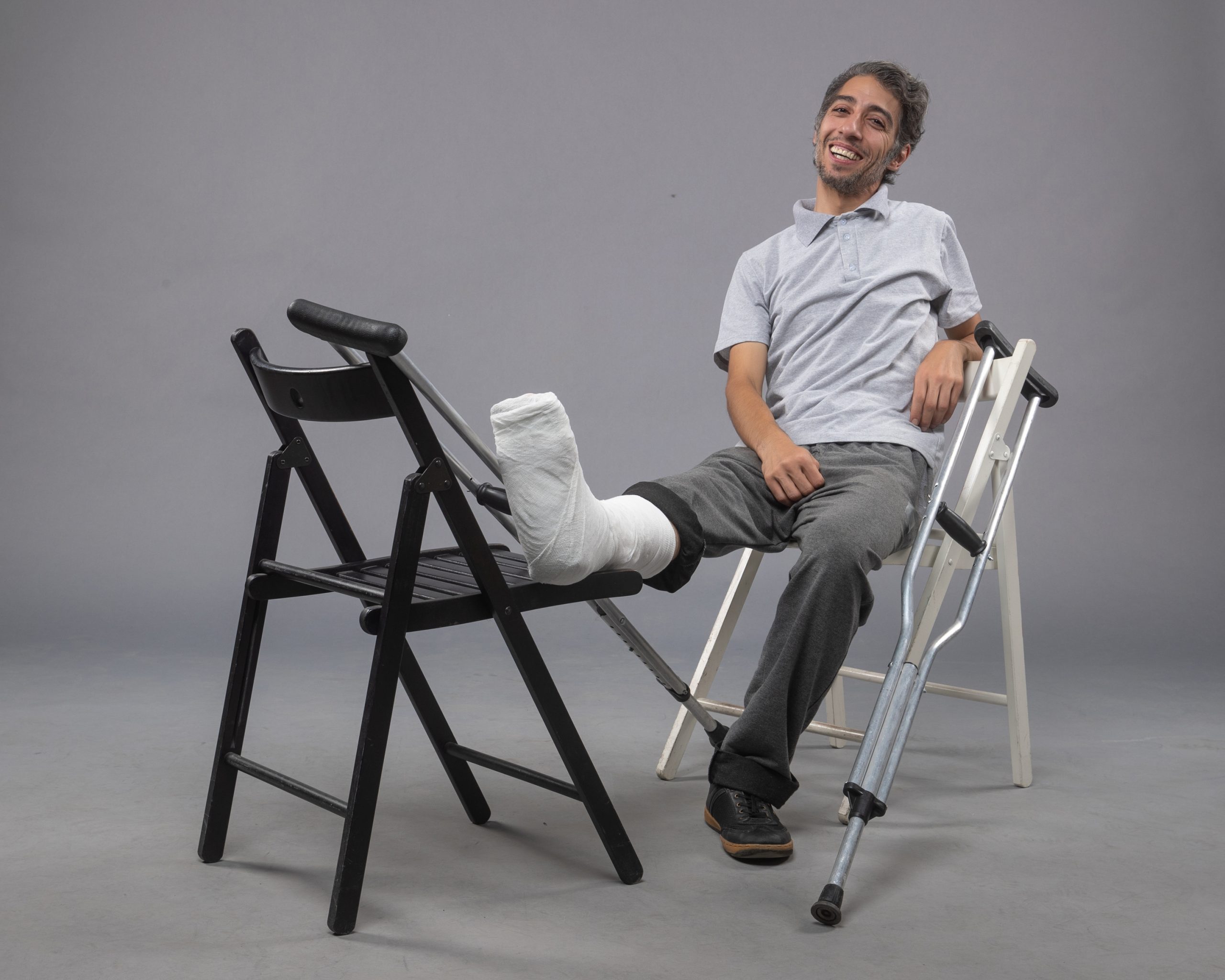If you are injured at work, worker’s comp can cover your expenses. But how long can you continue receiving workers comp? This article will discuss workers comp duration so you know what to expect.

How is Workers Comp Duration Determined?
Workers comp duration varies from state to state. Some states have a window that covers a minimum and maximum of the maximum number of weeks you can be on workers comp. That probably sounds confusing, so let’s break it down.
First, let’s look at some states and the maximum workers comp duration.
- California: 104-240 weeks
- New York: 225-525 weeks
- Texas: 450 weeks
- Florida: 104 weeks
- Pennsylvania: 500 weeks
States with workers comp duration windows will determine how long a worker can remain on workers comp according to the severity of the disability.
For example, in New York, workers with greater than 95% earning capacity loss are eligible for 525 weeks of workers comp. On the other end of the spectrum, workers with less than 15% earning capacity loss are eligible for 225 weeks of workers comp. Earning capacity percentages and the weeks of eligibility vary by increments of 5% and 25 weeks as you go up and down the scale.
How Does Maximum Medical Improvement Factor In?
Of course, not every worker receives long-term workers comp. Some workers will only need to take a few days or weeks off work to recover. They will receive benefits for medical expenses and lost wages until they can return to work.
On the other side of the spectrum are workers who deal with disabling injuries. These workers may reach a point of maximum medical improvement (MMI). MMI is determined by a doctor and defines the point when they feel the treatment has done all it can, and the patient’s condition will not significantly improve.
When MMI is reached, the worker may qualify for disability or vocational rehabilitation benefits.
What is the Difference Between Workers Comp and Disability Benefits?

Workers comp and disability benefits are two different things. It can be confusing to determine which is which. We will break it down in this section.
Short-term vs. Long-term Disability
If you incur a short-term injury, your employer may cover your medical expenses and lost wages through disability insurance. Doing so eliminates some of the hassles of filing for workers comp.
Workers comp covers long-term injuries. But once you reach MMI, and your workers comp benefits run out, you can apply for disability through the state. Federal disability can cover you throughout your injury and even throughout your life.
Long-Term Disability vs. Workers Comp
Here are the key differences between long-term disability and workers comp:
- Who is Providing It: Long-term disability is paid by the government. Workers comp is paid by the employer’s insurance company.
- Workers Comp Duration: Workers comp duration is limited to a finite amount of time. Disability benefits can last a lifetime.
- The nature of the injury: Workers comp covers work-related injuries only. Disability can cover any type of injury or condition that renders the person unable to work or limits their working capacity.
What Determines How Long Long-Term Disability Lasts?
Long-term disability can cover you throughout your life, or it can cover you for several years. The amount you receive, and the duration of your payments are contingent on several factors as follows:
- Disability Rating: Your disability rating determines the extent of your injury. It is determined by your doctor. The doctor will determine how much your injury or illness affects your ability to carry out daily tasks. They will compare your condition against the AMA Guides 5th The higher your rating, the higher the disability amount.
- The Date of the Injury (DOI): The date of the injury will determine when your disability ends. For example, if you are entitled to five years of disability payments, the adjustor will use the date of the injury as the start date.
- Pre-Injury Income: Your benefits will cover you for lost or reduced wages, so income is a consideration. However, 85% of injured workers have a PD benefits cap of $290 per week.
What if My Doctor Says I Can Go Back to Work, but I Don’t Feel Ready?

Workers comp will typically approve a specific workers comp duration. However, there are instances when a doctor will tell a patient they are ready to return to work before the approved period ends. In these instances, the worker must return to work, or they may be fined.
A doctor may approve you for work before your approved workers comp period ends because they feel that being active will help your condition. Or they may not fully understand your job duties and underestimate the physical activity required.
If you feel your doctor is making you return to work before you are ready to do so, talk to them. You may get them to change their diagnosis.
If your doctor refuses to change their diagnosis, you may have to go to court to appeal the decision. You may need a lawyer to represent you in court.
Conclusion
Workers comp duration is contingent on where you are located and the extent of your injury. Some workers will receive benefits for a few weeks. Others can receive them for a lifetime.
Now that you know what’s involved, you will have an idea of what type of workers comp duration to expect. Good luck receiving the compensation you require.
